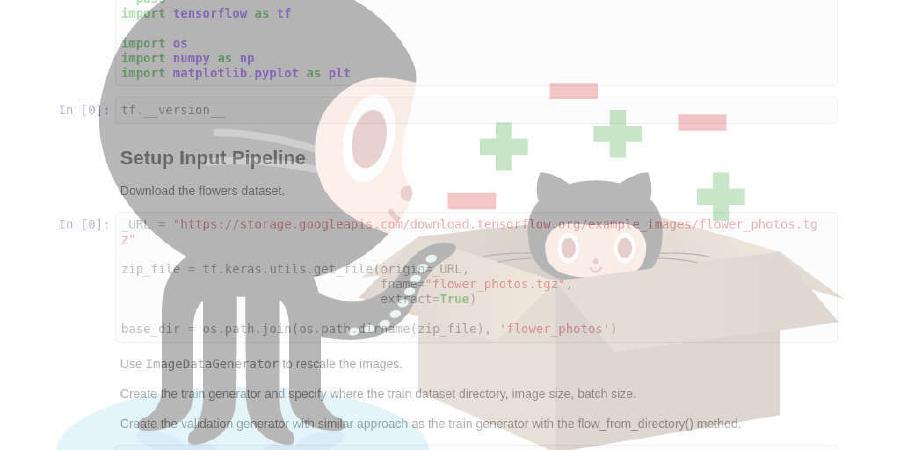voodooattack/nexusjs

Nexus.js - The next-gen JavaScript platform
| repo name | voodooattack/nexusjs |
| repo link | https://github.com/voodooattack/nexusjs |
| homepage | http://www.nexusjs.com |
| language | C++ |
| size (curr.) | 11785 kB |
| stars (curr.) | 1079 |
| created | 2016-04-14 |
| license | GNU General Public License v3.0 |
Nexus.js — Multi-threaded I/O for JavaScript.
Nexus.js is a multi-threaded JavaScript run-time built on top of JavaScriptCore (Webkit) with a focus on high performance and dynamic scaling above all else.
Nexus.js uses an asynchronous, non-blocking I/O model, and a thread-pool scheduler to make the most of modern hardware concurrency.
Nexus.js is Promise-based and embraces ES6 in full; and as a result, it is not compatible with Node.js APIs.
Visit the homepage at nexusjs.com.
Building
Please check out the documentation for a guide on how to build Nexus.js.
Documentation
The early documentation is available at nexusjs.com. It will change frequently as new features are added, so keep an eye out!
Also, you can look into the tests directory and the examples directory for an insight into how to use it.
Native add-ons
While still a big topic for debate, native add-ons should be very feasible in the future, once a proper ABI is chosen. Please discuss this here.
Contributing
All pull requests, suggestions, and questions are welcome.
Read more
You can read more on Nexus.js and the progress of development in the following articles:
- Introduction
- Input/Output (I/O API Demonstration)
- Events (Promise-Based Concurrent Events On A Multi-threaded Scale)
- Madness (Performance Comparison)
- The Mantra (Questions and Answers)
- Server (TCP API and Stress/Stability Testing)
- A year’s Absence (My apology for disappearing for an entire year)
New Series:
FAQ
- Will you implement
require()?
Not likely. Nexus.js will use the Promise-based
import(...)API for dynamic loading, and otherwise use theimportandexportkeywords for normal module loading.require()can still be implemented by a third-party in pure JavaScript of course, it just won’t come built-in.
- Why are you avoiding
require()? Are you planning on breaking all backward-compatibility with Node.js?
Yes. I know the decision is harsh, but it will be better in the long run. It will make porting libraries harder, but the result will be a pure ES6 ecosystem with ES6 modules at its core. This is necessary because Nexus.js is multi-threaded, and most Node.js libraries use globals in one form or another, which means they’d be broken anyway. While accessing globals concurrently will not corrupt them or crash the program, it will produce unexpected behaviour in any event-loop based code. Since it assumes a single-threaded environment.
- How does concurrent access to variables work? Do you use a
mutexfor every variable?
No, please read the documentation, and see Locking in WebKit, it explains it better than I ever could.
- Can Nexus.js libraries override globals?
The globals are created on-demand in every context that accesses them, and this makes it impossible to replace them. For example,
Nexus.EventEmitterexists in every context, but if you replace it in a library it will not affect theNexus.EventEmitteravailable in a different library, or in the main context.I do plan on offering certain hooks for transpiling utilities and the such. If you’re using Babel to transpile JSX for an isomorphic (universal) application, you need not worry.





